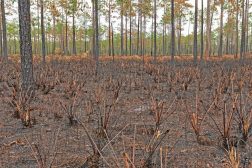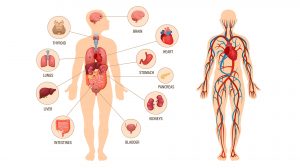Definition
noun
A gram-positive aerobic harmless bacterium involved in the conversion of nitrate to nitrite.
Supplement
Micrococcus luteus has a size of about 0.5-3.5 micrometer in diameter arranged usually in irregular clusters and generally reduced nitrate. It can grow in the condition with high salt concentration or little water at temperature of 37’C.
Micrococcus luteus has the smallest genome with 2,403 encoded proteins that has a minimal complement of gene concerning metabolism and carbohydrate transport in which it cannot able to utilize glucose as a source of carbon source due to the absence of gene encoding glucokinase and able to metabolize glycogen via trehalose enzyme. It has the capability of long chain alkene biosynthesis wherein three gene clusters is important for this metabolisms identified for biofuel production.
Micrococcus luteus can be found in water, dust, skin and soil thrives in an oxygen rich environment which is also normally found in human mouth, respiratory tract and mucosal linings of the upper pharynx. Individual with immunocompromised immune system including those who undergo chemotherapy and AIDS patient might be vulnerable to these bacteria.
Scientific classification:
Kingdom: Bacteria
Phylum: Actinobacteria
Order: Micrococcales
Family: Micrococcaceae
Genus: Micrococcus
Species: Micrococcus luteus
See also:
• Bacteria
• Nitrogen cycle
Dictionary > Micrococcus luteus
You will also like...

Ecosystem Succession
If the balance of nature is left untouched, landscapes can change dramatically over time. A previous ecosystem is supers..

The Human Physiology
Physiology is the study of how living organisms function. Thus, human physiology deals specifically with the physiologic..

Control of Body Movement
Some of the body movements can be controlled at will, others cannot. The body has a motor program, which is the pattern ..

Population Growth and Survivorship
This lesson looks at population attributes, regulation, and growth. It also covers population genetics, particularly gen..

Running Water Freshwater Community Factors
This tutorial noted some of the physical and chemical factors that provide the framework of a running water community in..

The Gene Pool and Population Genetics
According to Charles Darwin's theory of natural selection, preferable genes are favored by nature in the gene pool, and ..

